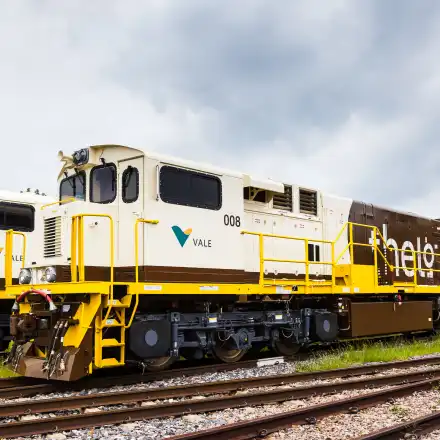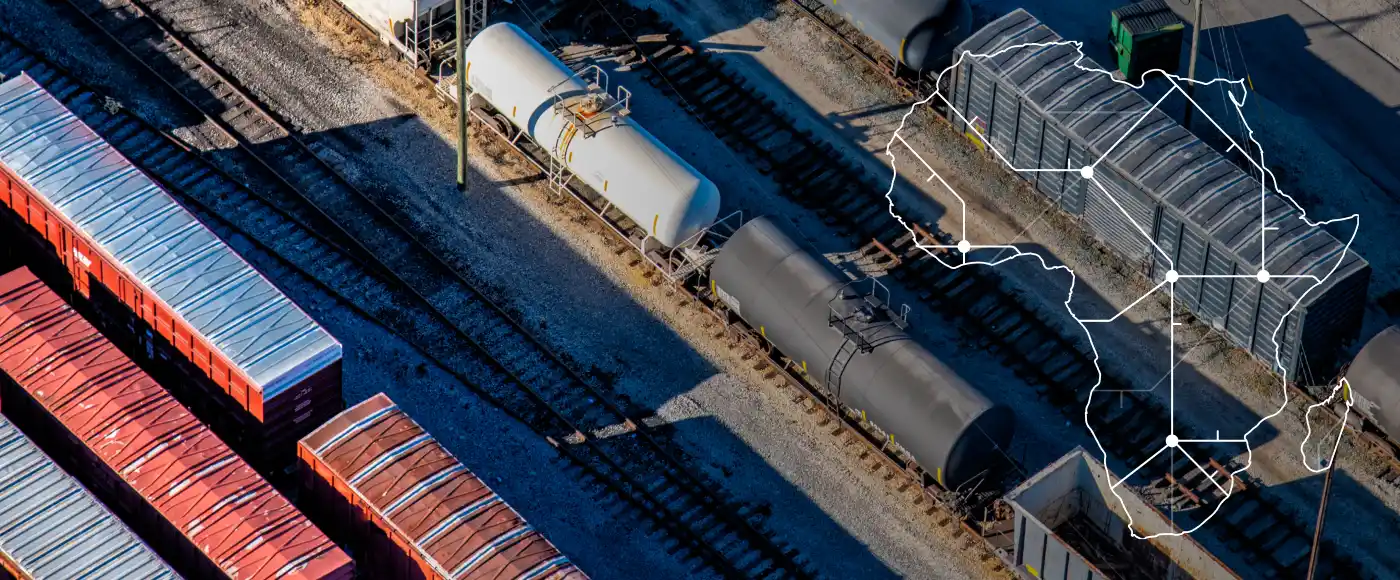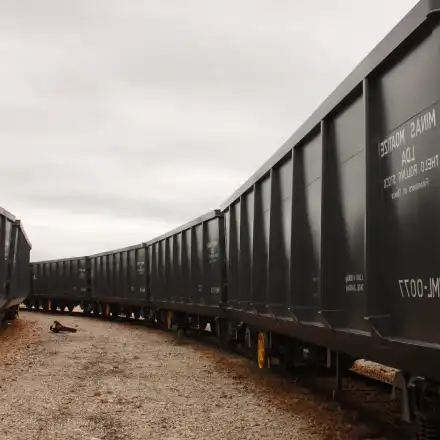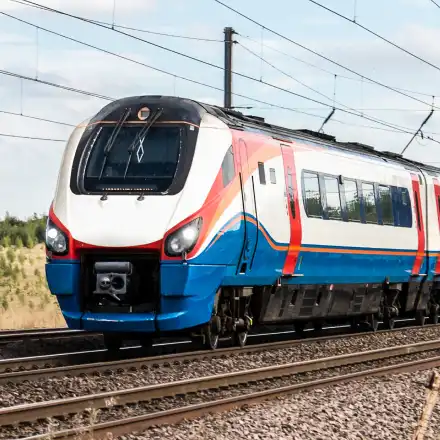
Locomotives
- Diesel locomotives
- Electric locomotives
- Shunting locomotives

Thelo Rolling Stock finances all aspects of “rolling stock” including all movable vehicles and equipment that operate on a rail network.


Financing of rolling stock is a crucial part of an effective rail transportation system, enabling the movement of goods and people. This includes:



Thelo Rolling Stock is a leading independent service provider for rolling stock finance solutions to rail operators, concession holders and freight owners, allowing access to quality modern rolling stock.
Thelo Rolling Stock Client base

Thelo Rolling Stock Client base

Also known as cargo owners or shippers, are individuals or companies that own or are responsible for the goods being transported and have identified rail as the most effective solution for transporting its goods across long distances on the continent, either for regional trade or export markets.
They are parties that:
These include:
Thelo Rolling Stock Client base